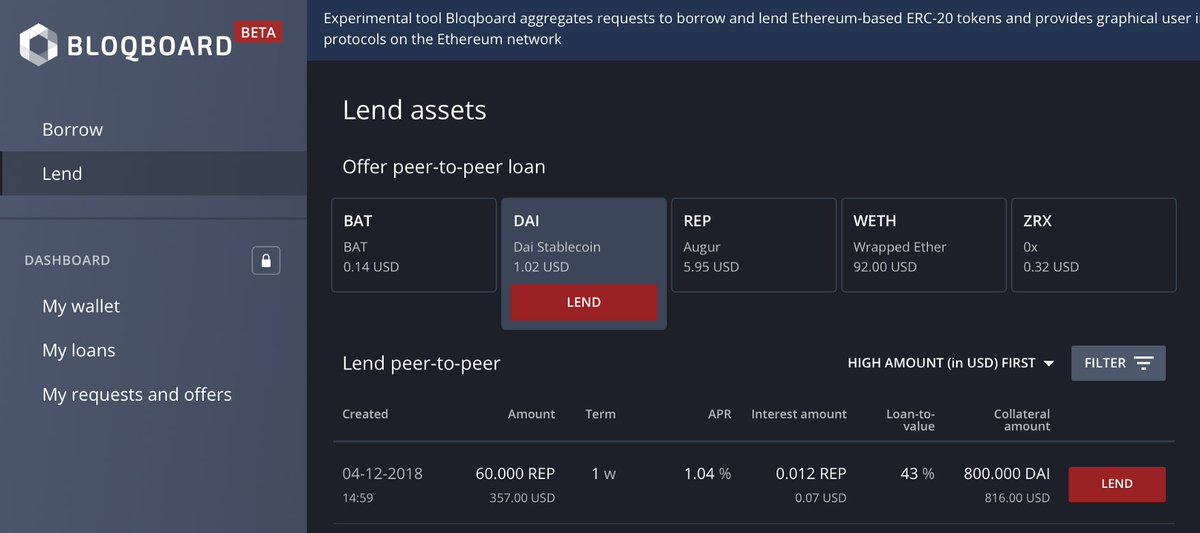Here is what it means to be on the priority list ⬇️
The SEC obviously does not have the resource to focus on every single participant, so it has to pick and choose its priorities each year.
In 2019, that will include "digital assets".
+ the offer and sale, trading, and management of digital assets;
+ to identify market participants -- including those considering-- the offering, selling, trading, and managing of digital assets;
[cont.]
+ For firms actively engaged in the digital asset market, SEC will conduct examinations focused on (among other things) portfolio management of digital assets, trading, safety of client funds and assets, pricing of client portfolios, compliance, and internal controls.
So...document all of your processes. Hire a compliance team (pls!!). Codify important policies (such as insider trading, etc). And hire real lawyers.
I would read this as a sign that regulators are taking crypto seriously as an industry. Compliance is part of crypto's path to professionalization and maturation-- and most importantly, to clean up its act.



